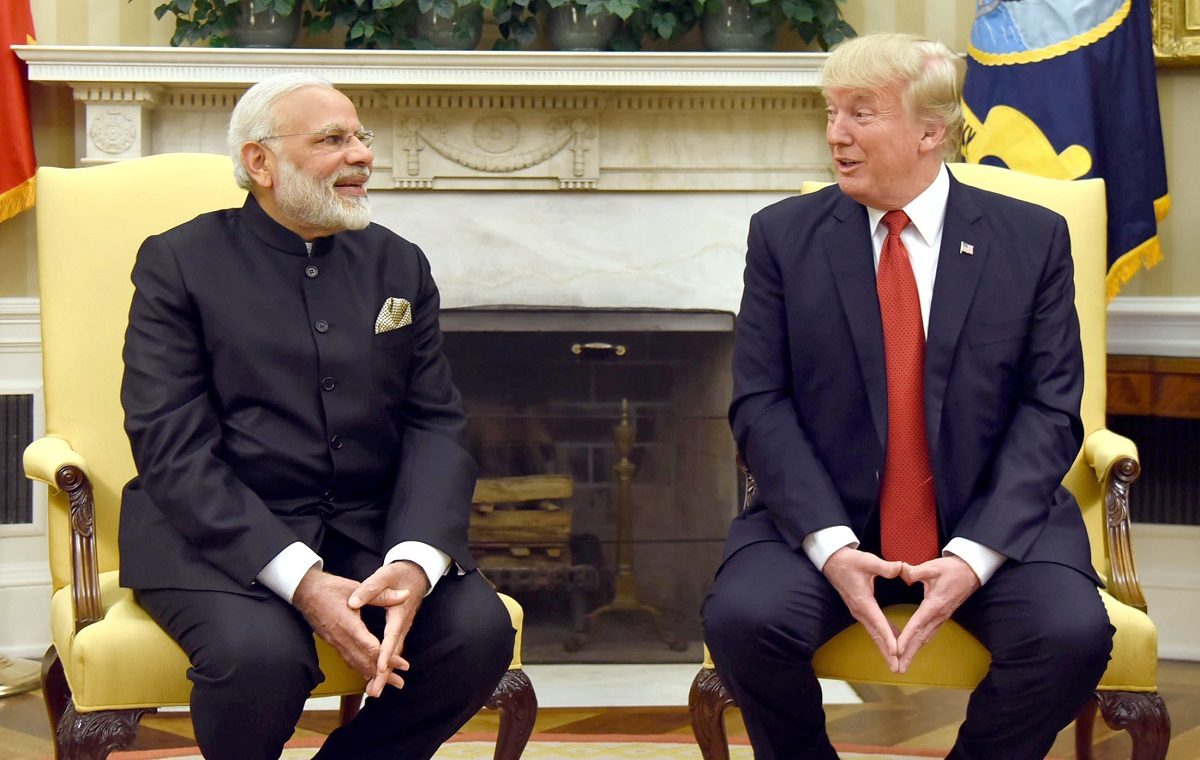In the latest hearing of Dispute Settlement Body (DSB) today, February 28, 2018, the DSB has agreed to establish the compliance panel as requested by India.
It is significant progress in the solar dispute between India and the United States relating to measures affecting imported solar cells and modules.
Moreover, World Trade Organizations (WTO) has mentioned that the European Union, China, Chinese Taipei, Indonesia, Japan, Korea, Singapore, Canada, Norway, and Russia reserve their third-party rights to participate in the panel proceedings.
In the last hearing on February 9, DSB has deferred India’s request for establishing a compliance body on the U.S. disagreement to India’s DCR WTO ruling claims.
However, lately, India’s communication with WTO dated February 23, requesting for the constitution of a Panel under Article 21.5, it has again explained the action taken by India towards ensuring compliance with the recommendations and rulings of the DSB.
While upon asking, how the decision on panel formation turned in favor of India?, the Geneva trade official told pv magazine, “the establishment of the panel was not a surprise; under WTO rules, the first request for a panel can be blocked by any member (the U.S. in this case). However, a second request can only be blocked if all members agree to reject the request.
“So, the panel was established in this case on the second request even if the U.S. was not favorable,” said official.
The next hearing will be held on March 27.
The official continued, “in regards to the new compliance panel, India and the U.S. will sit down and determine who the panelists will be (probably the same three individuals who served on the original panel) and deal with other organizational matters before the panel starts its review.”
This content is protected by copyright and may not be reused. If you want to cooperate with us and would like to reuse some of our content, please contact: editors@pv-magazine.com.








By submitting this form you agree to pv magazine using your data for the purposes of publishing your comment.
Your personal data will only be disclosed or otherwise transmitted to third parties for the purposes of spam filtering or if this is necessary for technical maintenance of the website. Any other transfer to third parties will not take place unless this is justified on the basis of applicable data protection regulations or if pv magazine is legally obliged to do so.
You may revoke this consent at any time with effect for the future, in which case your personal data will be deleted immediately. Otherwise, your data will be deleted if pv magazine has processed your request or the purpose of data storage is fulfilled.
Further information on data privacy can be found in our Data Protection Policy.